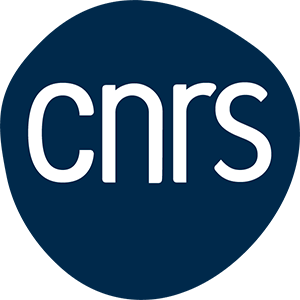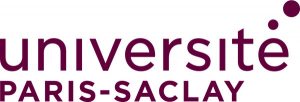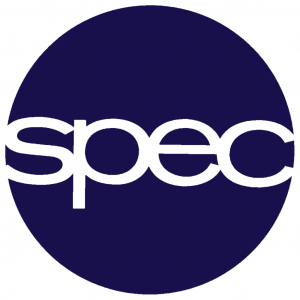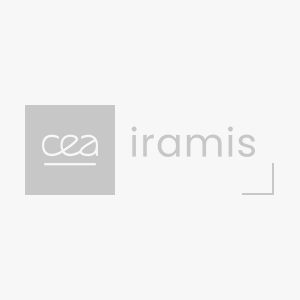Fundamental explorations of magnetic nanowires and nanostructures using advanced experimental methods opened up unprecedented opportunities for atomic engineering of future spintronics and quantum information devices [1,2]. I will review our work on the electronic and magnetic properties of nano-objects that are deposited on or buried underneath different substrates. Such theoretical investigations require the combination of density functional theory with model Hamiltonian: e.g. a Heisenberg, a Rashba or a free-electrons Hamiltonian depending on the topic. After giving a flavor on the ab-initio Korringa-Kohn-Rostoker Green-Function method that I developed for the treatment of complex magnetism I will present a systematic investigation of the occurrence of non-collinear magnetism, by tuning the strength of the magnetic interactions with the substrate, changing its symmetry and by modifying the shape of the ad-nanostructures [3]. In particular, I will focus on a novel frustration phenomenon that leads to an odd-even effect in antiferromagnetic nanowires deposited on ferromagnetic substrates [4]. Additionally, I will demonstrate that bulk Fermi surfaces can be imaged in real space with a low-temperature scanning tunneling microscope in a way that reveals its local variations in terms of charge intensities at the surface. The secret ingredient is to use subsurface point impurities: in this case, cobalt atoms under a copper surface [5]. Indeed, even the very simple Fermi surface of copper causes strongly anisotropic wave propagation characteristics of bulk electrons that are confined in beamlike paths from the impurity to the surface. The induced charge density oscillations on the nearby surface can be used for mapping buried defects and interfaces and some of their properties.
Institut für Festkörperforschung (IFF) & Institute for Advanced Simulation (IAS), Forschungszentrum Jülich, Germany




